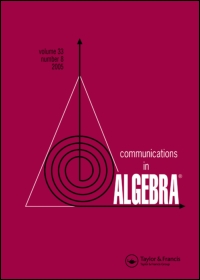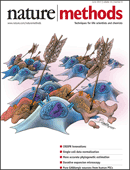 Researchers at a prominent Japanese university have retracted a 2016 paper in a chemistry journal after the first author admitted to scientific misconduct.
Researchers at a prominent Japanese university have retracted a 2016 paper in a chemistry journal after the first author admitted to scientific misconduct.
According to the notice, Kyushu University investigated and verified that the first author had committed scientific misconduct.
We requested a copy of the misconduct report, which revealed that the researcher, Prasenjit Mahato, a postdoctoral fellow at Kyushu University who is no longer affiliated with the university, “admitted to falsifying research” in two papers on which he was first author: a highly cited 2015 paper in Nature Materials, which was retracted in 2016, as well as the 2016 paper in Journal of the American Chemical Society (JACS), retracted earlier this month. The university investigated and confirmed misconduct in both papers.
We covered the Nature Materials retraction last year, but at the time, the paper’s corresponding author, Nobuo Kimizuka, only told us that the “matter has been under investigation by the formal investigation panel of our University.”
According to the five-page misconduct report — which we translated from Japanese using One Hour Translation and is also available in Japanese on the university’s website — in July 2016, a member of the lab (“Faculty Member B”) began to suspect a problem after he reviewed the data with Mahato (“the defendant”): Continue reading “Searching our souls”: Authors retract paper after researcher admits to fabricating data


 When a journal discovers elementary design flaws in a paper, what should it do? Should it retract immediately, or are there times when it makes sense to give the researchers time to perform a “do-over?”
When a journal discovers elementary design flaws in a paper, what should it do? Should it retract immediately, or are there times when it makes sense to give the researchers time to perform a “do-over?”


 A
A  The executive board of the Leibniz Association in Germany has reprimanded the director of its institute on aging
The executive board of the Leibniz Association in Germany has reprimanded the director of its institute on aging 